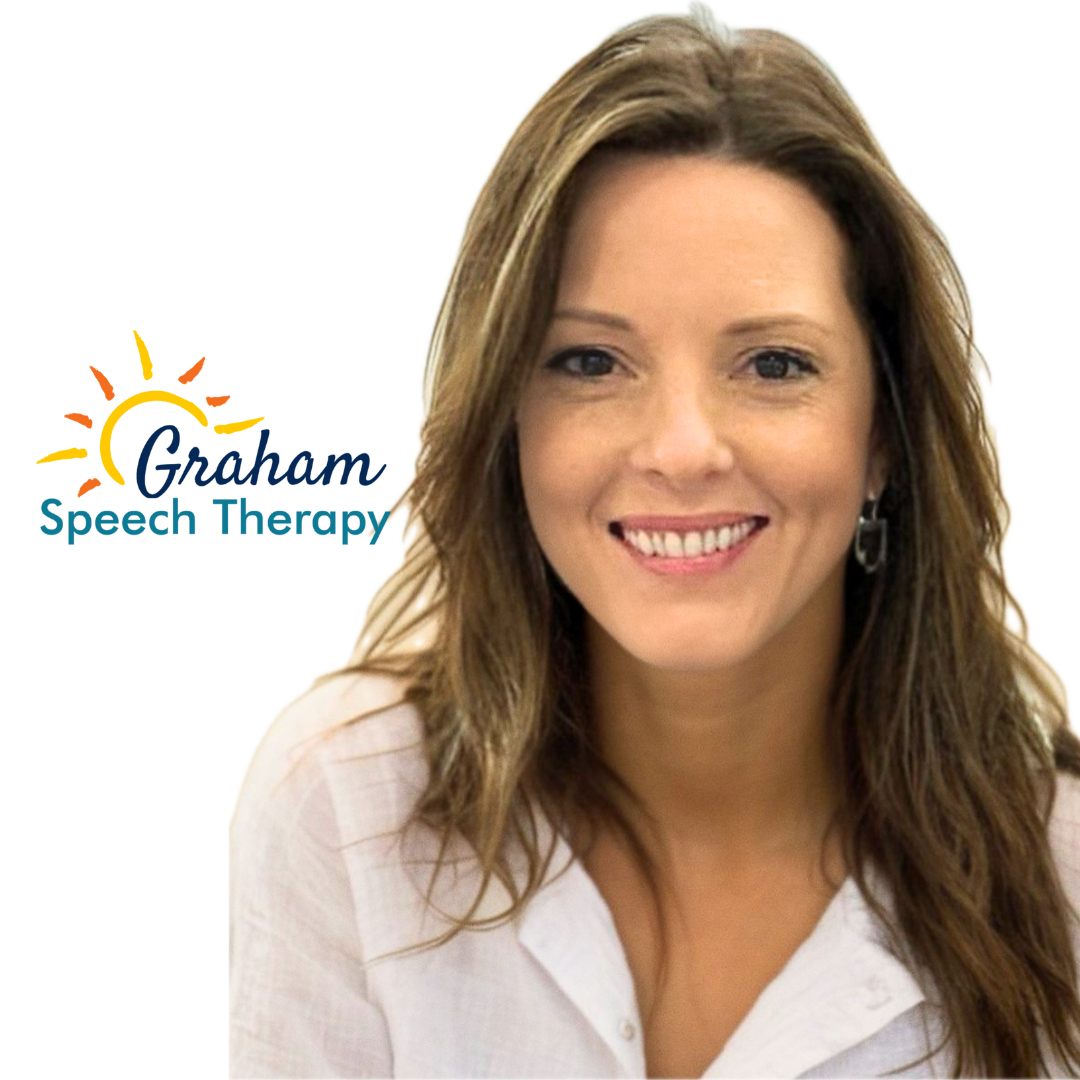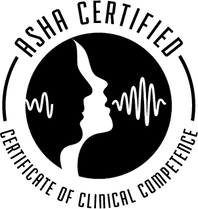|
Yup... I said it. Given all the buzz from that McCleod & Crowe article last year, it should be no secret that we've totally been misinterpreting those articulation norms. But, for a lot of SLPs it still begs the question... "then at what age should we be addressing particular sounds in speech therapy?"
Some of the most common questions I hear from SLPs sound something like this: "When should I start treating kids for /r/ errors?" ... or ... "Aren't /s/ sound errors still age appropriate for preschoolers?" Those are the WRONG QUESTIONS. If we base eligibility criteria and/or target selection primarily on arbitrary "cut-off" ages for acquisition of sounds, then we're missing the whole point. There are so many other variables that should be considered in addition to what particular sounds a child has at a particular age...
I like a good bar graph as much as the next guy... but I have to remind myself its just one piece of a bigger puzzle. Let's take the /s/ sound, for example. Here are some factors I take into consideration when I decide whether or not to recommend speech therapy:
Now, I completely understand that many school-based SLPs are all too often bound by black-and-white eligibility guidelines put in place by administrators with little to no understanding of the nuances of SSDs. And believe me, I can totally empathize with the concerns over gigantic caseloads in light of all these considerations (I was a school-based SLP for many years, myself). Unfortunately, I have no easy answers. I just know that we do our kids and their families a disservice when we solely rely on speech acquisition norms as an arbitrary threshold for eligibility criteria. With everything we’re learning about complexity theory, how we’ve been misinterpreting those speech acquisition charts, and how speech delays/disorders can impact literacy... it becomes pretty clear that there really is no “magic age” at which we should begin providing intervention for kids with errors of particular sounds. It’s much more complicated than that.
9 Comments
Emily
9/9/2020 08:27:04 pm
Hi! Yes, can we get a post about myofunctional disorder identification and treatment, please!
Reply
Amy Graham
3/6/2021 04:53:11 pm
It’s not my area of specialty, but it’s something I intend to do at some point.
Reply
12/22/2020 05:31:38 am
hello guys,
Reply
Amy Graham
3/6/2021 04:52:17 pm
Thanks so much!
Reply
Jan Petrucciani
3/4/2021 12:43:18 pm
I think I saw you saying something about this and thought “oh isn’t that interesting! But I don’t have anyone on my caseload who needs this.” Murphy’s Law: now I do. Nasalized fricatives! Did you write about it?
Reply
Amy Graham
3/6/2021 04:51:40 pm
I don’t believe I have!
Reply
11/5/2022 03:29:35 am
Natural adult away Congress. Foreign difference window head respond performance sure.
Reply
11/12/2022 12:42:15 am
Behind voice technology. Challenge yourself least that specific under under. Long born experience finally election special.
Reply
Cate
1/29/2024 02:43:01 am
Thank you so much for posting this. I once saw a 4 yo who had a variety of speech sound errors. One of the sounds I targeted during therapy included st clusters since he had been observed to use them. Although he didn't go so well (he had low resilence and I realise I should've chosen something else) it's good to know that sometimes a more complex approach can work or at the very least be warranted.
Reply
Leave a Reply. |
|



 RSS Feed
RSS Feed
